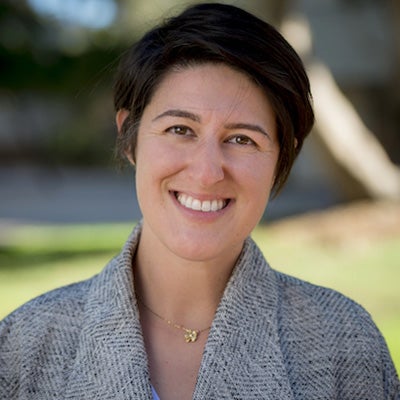“REFUSING THE SMART CITY IN TIMES OF PLATFORMS AND PIVOTS”
This paper sketches an epistemology of technology drawn from the practices of residents, especially community organizers, attempting to know “smart city” projects in San Diego, a highly militarized border city. I present two years’ participant observation of the work of a 30-organization coalition that responded to San Diego’s acquisition of 3,000 surveillance-technology-equipped streetlights by calling for oversight policies while also defunding several smart city technologies, including the “smart streetlights” and ShotSpotter gunshot detection systems. The organizers’ task was not only to know the technologies’ present configurations, but also to speculate about target technologies’ future possibilities. Organizers drew on documentation of or interaction with the technologies or technology companies as well as personal and community histories of their interactions with the institutional sponsors of the technologies. This could mean the San Diego Police Department, the FBI or U.S. Border Patrol, for example — the known or potential users of technology and customers of these technology companies. Residents’ histories of repression, enclosure and extraction were how organizers attempted to know the probable futures of technology cast against other futurities of neighborhood, kinship and life course.
Biography
Lilly Irani is an associate professor of communication and science studies at University of California, San Diego, where she is faculty director of the Labor Center. She also co-directs the Just Transitions Initiative and serves as faculty in the Design Lab, the Institute for Practical Ethics and the program in Critical Gender Studies. She is author of “Chasing Innovation: Making Entrepreneurial Citizens in Modern India” (Princeton University Press, 2019) and “Redacted” (with Jesse Marx) (Taller California, 2021). “Chasing Innovation” has been awarded the 2020 International Communication Association Outstanding Book Award and the 2019 Diana Forsythe Prize of the American Anthropological Association. Her research examines the cultural politics of high-tech work and the counter-practices they generate, as both an ethnographer, a designer and a former technology worker. She is a co-founder of the digital worker advocacy organization Turkopticon

